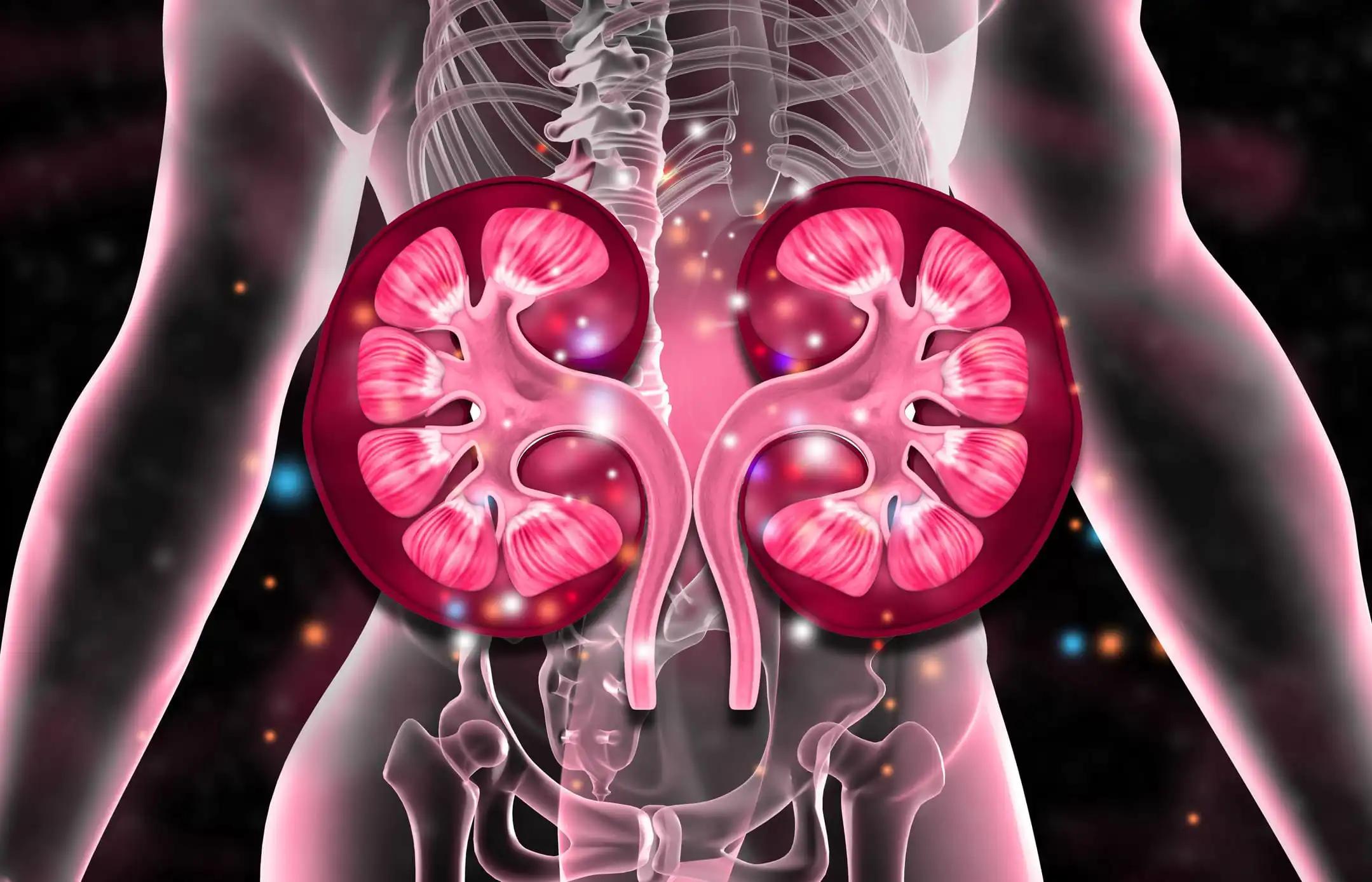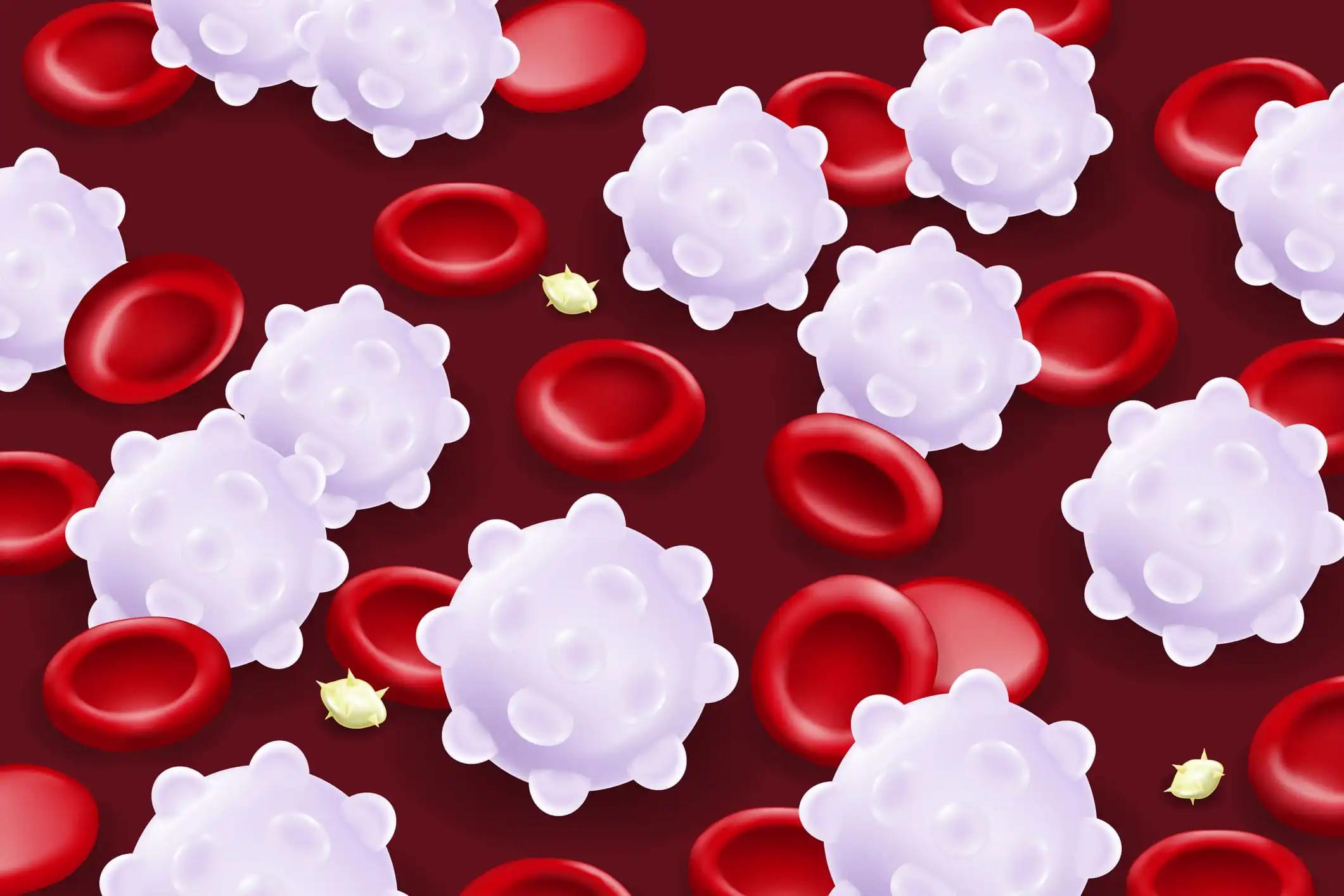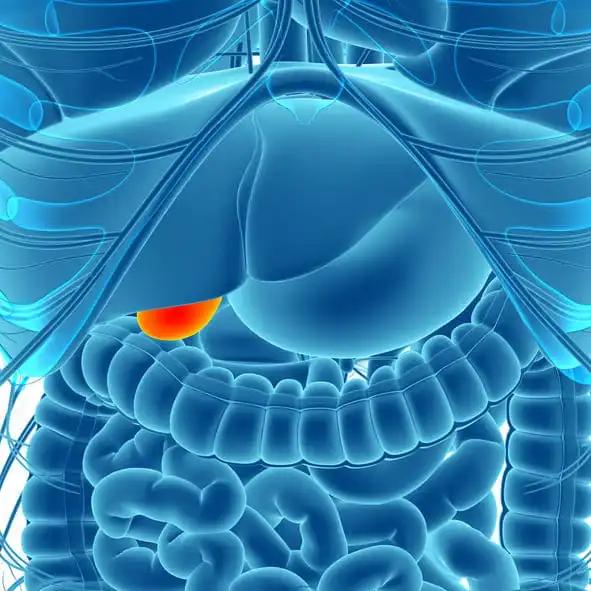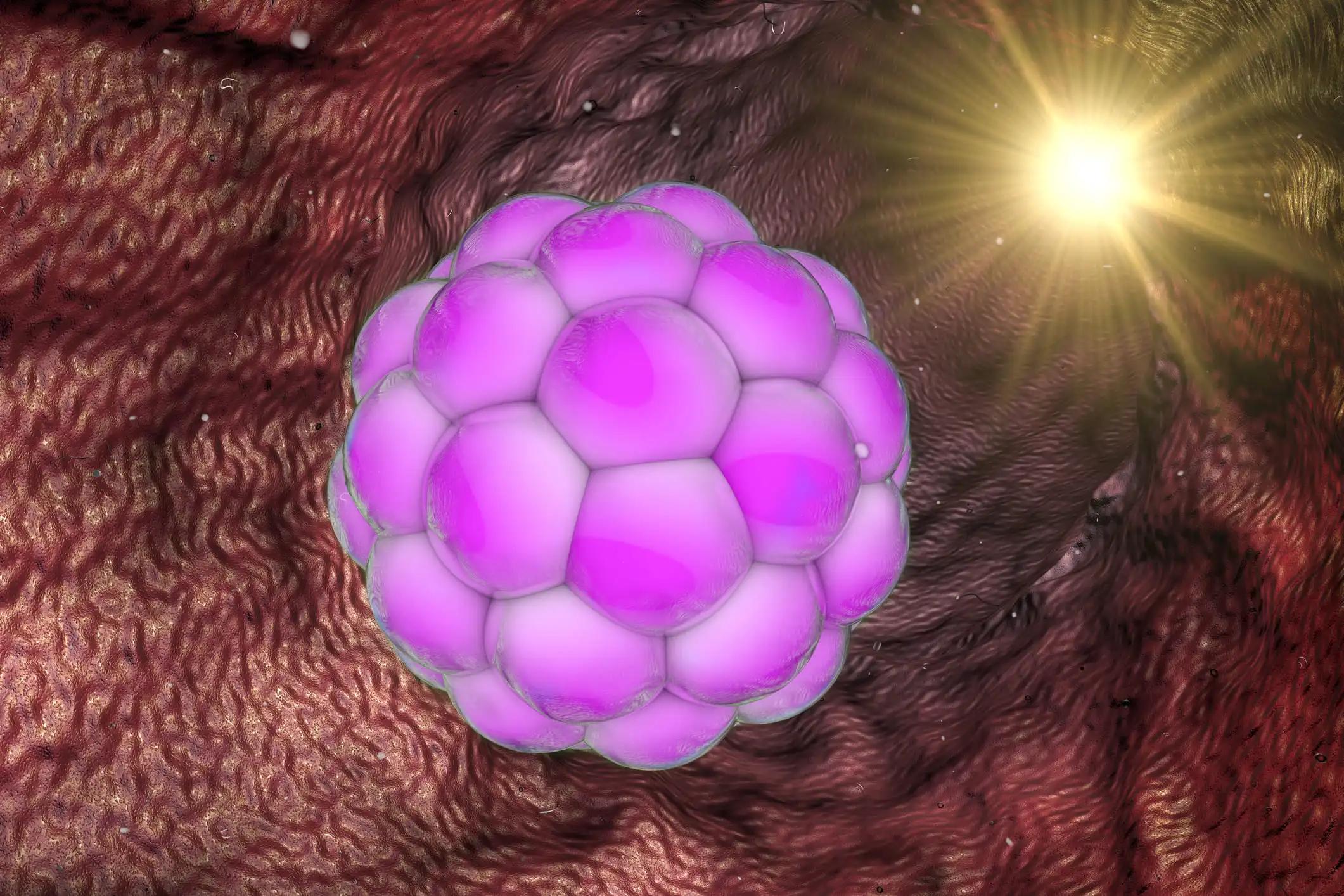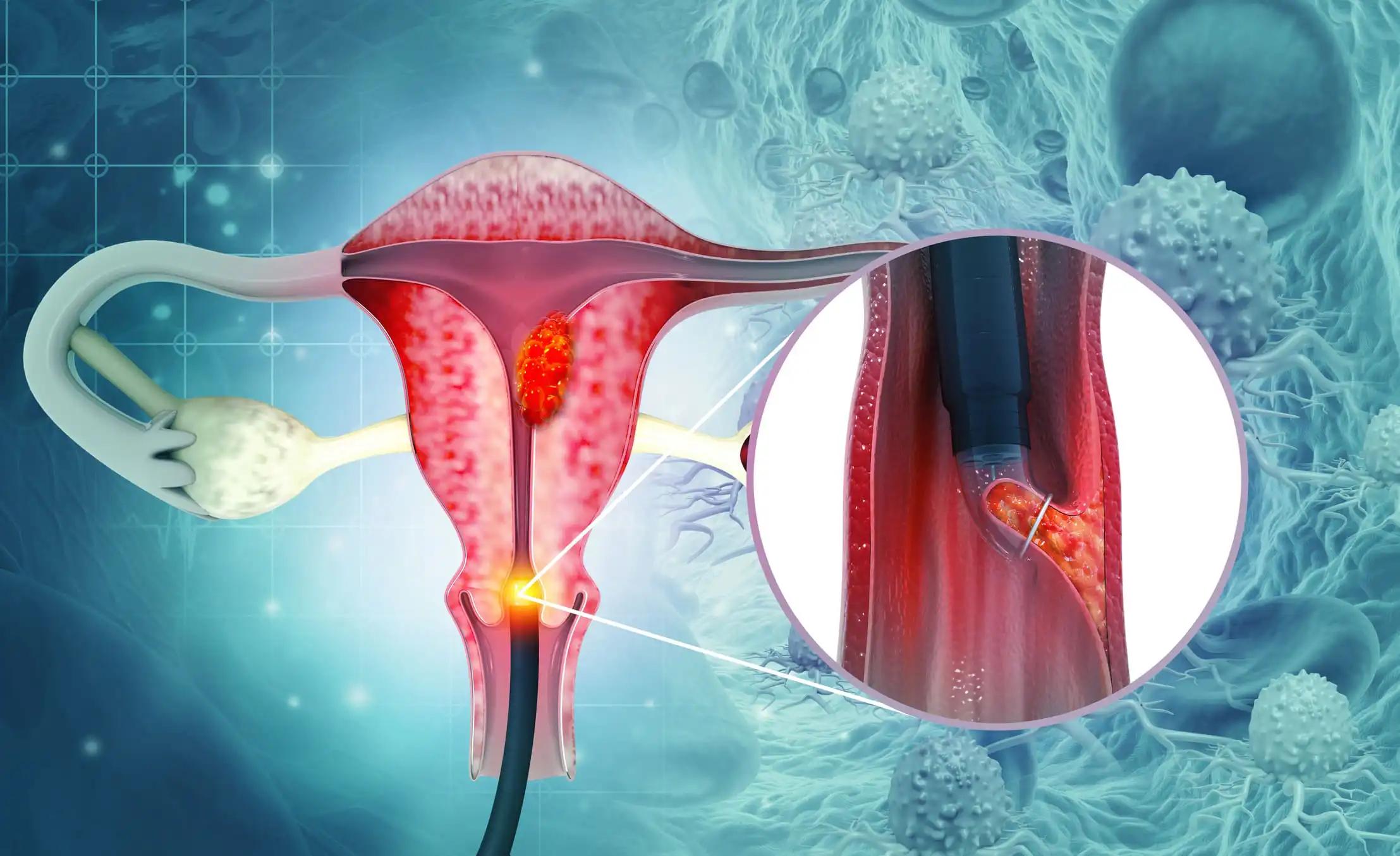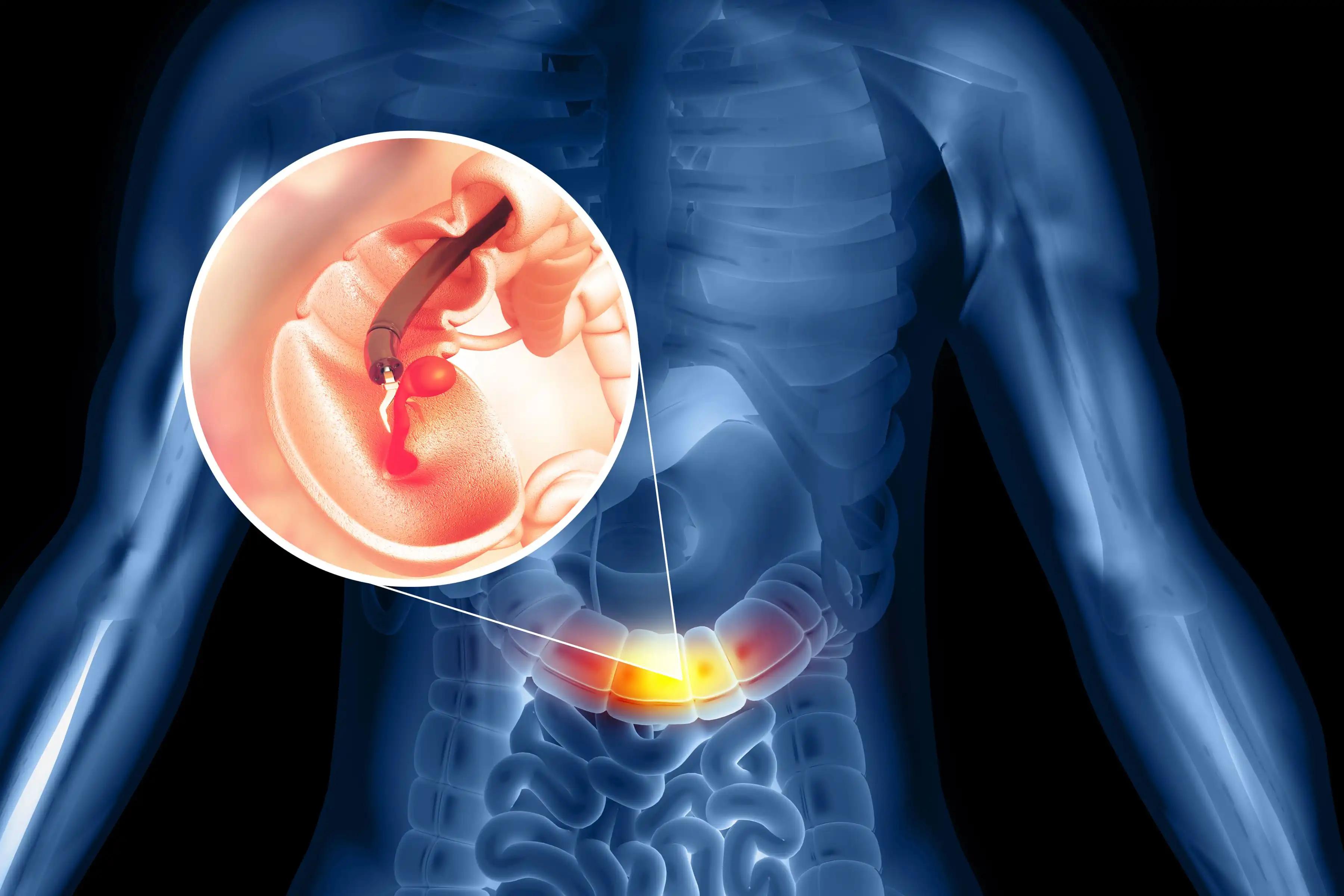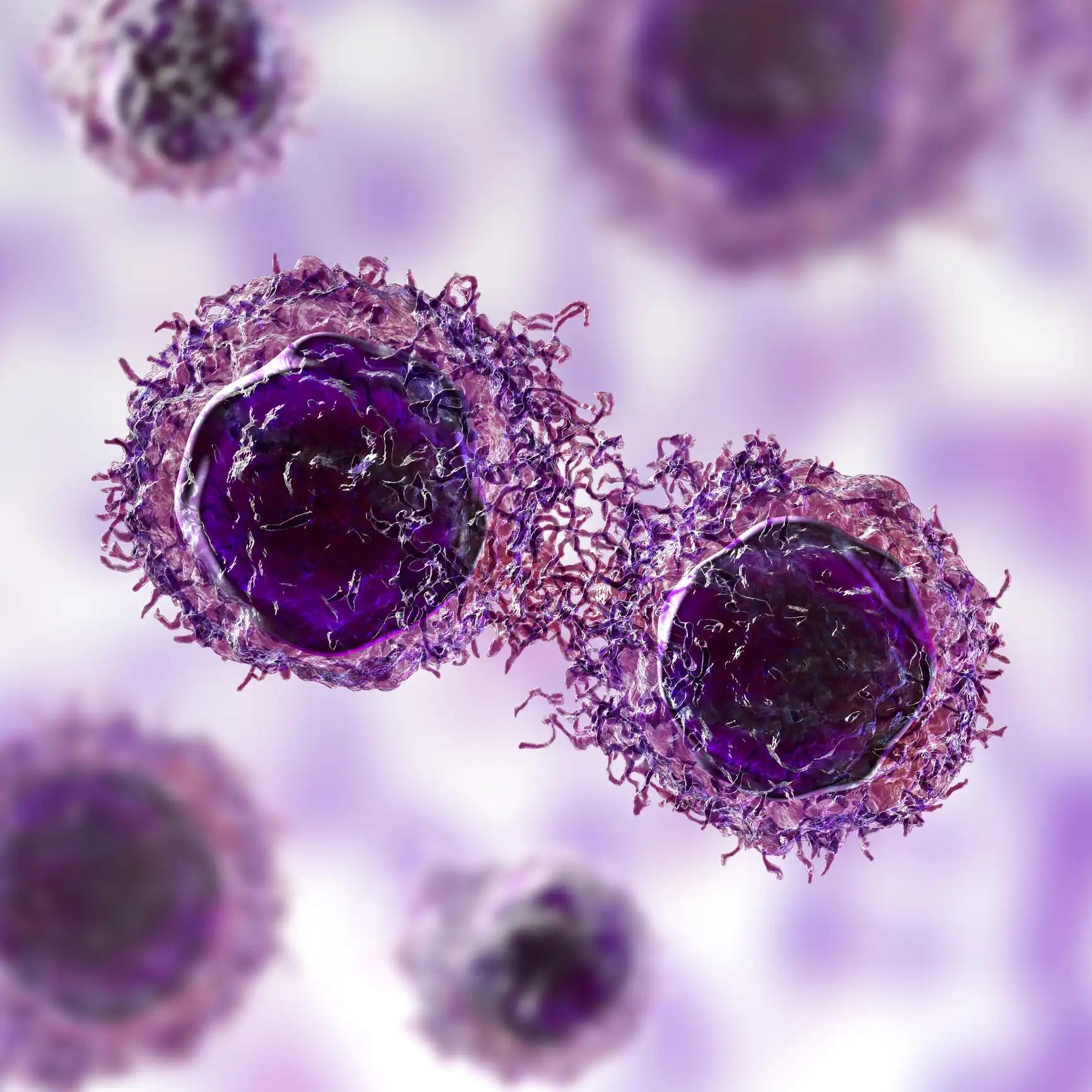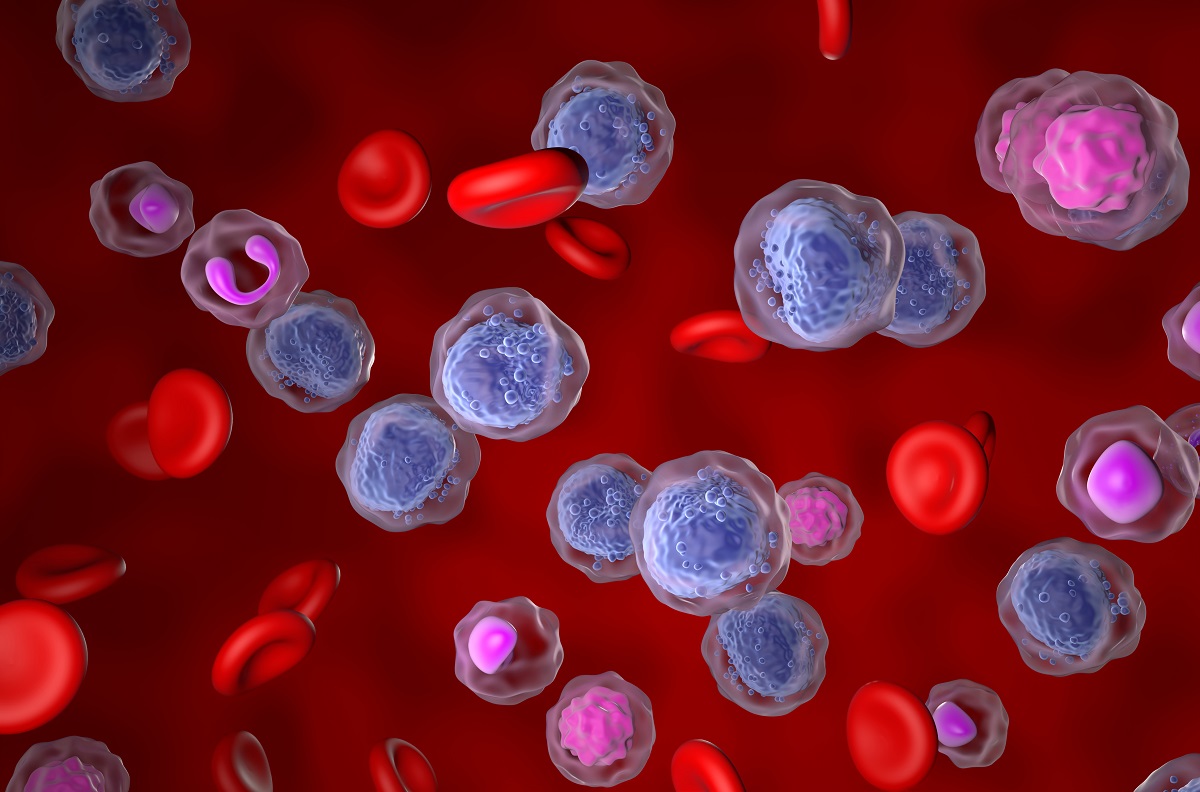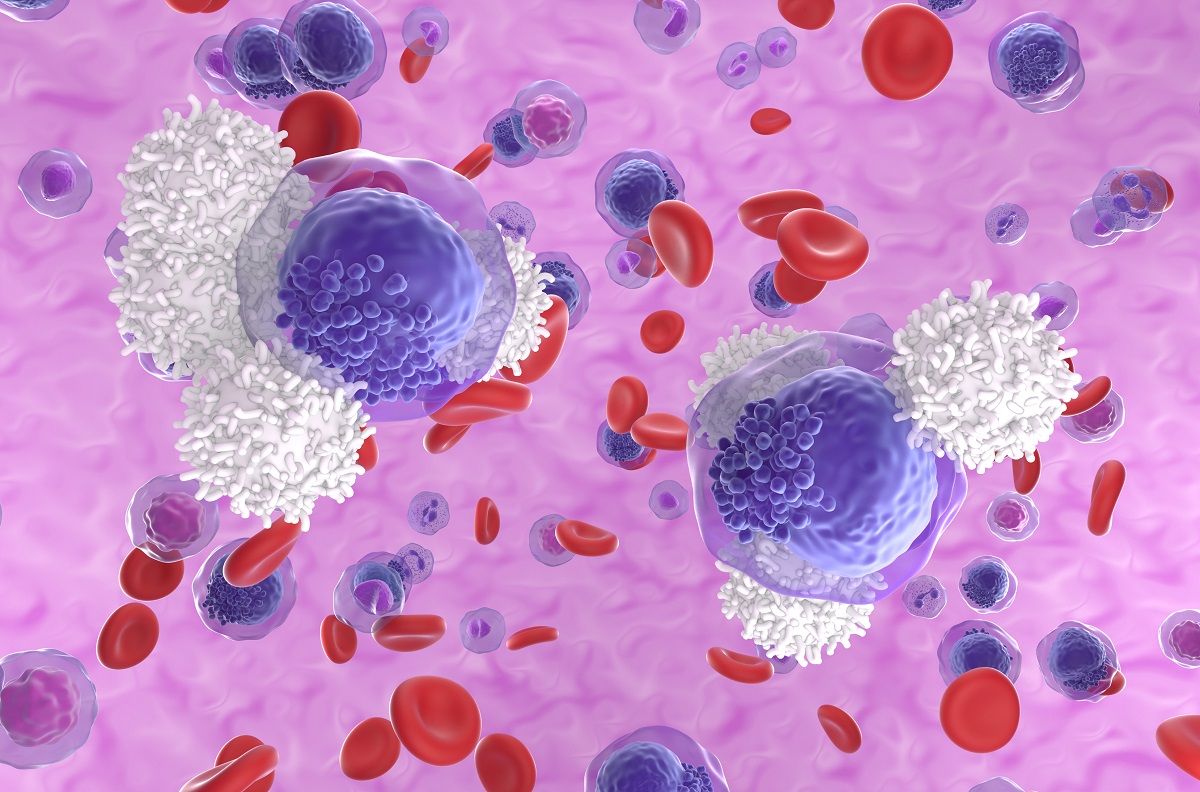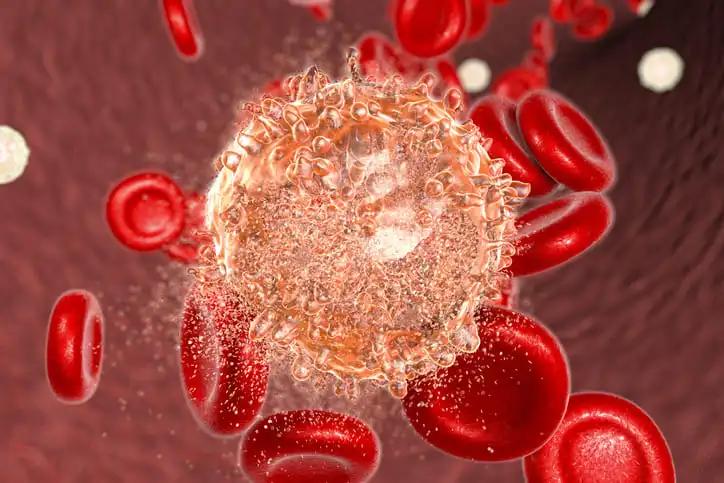The study aimed to investigate the long-term outcomes of locally advanced TESCC with and without postoperative radiotherapy. Researchers noticed that postoperative radiotherapy improves survival and reduces recurrence in patients with advanced T3-4 TESCC without neoadjuvant treatment. Ya Zeng and the team aimed to define the long-term outcomes and recurrence patterns of patients with […]
BTN3A1 Drives Vγ9Vδ2 T Cell Exhaustion in Cervical Cancer
The study aimed to explore how BTN3A1 promotes Vγ9Vδ2 T cell exhaustion by upregulating NR4A2/3. The results showed BTN3A1 promotes T cell exhaustion by inducing NR4A2/3 in cervical cancer. Jian Liu and the team aimed to investigate how BTN3A1 in cervical cancer promotes Vγ9Vδ2 T cell exhaustion. Vγ9Vδ2 T cells are crucial for […]
Inhibition of NF-κB/HIF-1α Pathway by Tyrosol in CRC
The study aimed to investigate the role of IVIM and DCE perfusion imaging in predicting treatment response in patients with CRC. Researchers noted that IVIM and DCE imaging are promising for predicting treatment response in patients with CRC after Neo-CRT. A complex malignancy that necessitates multimodal treatment strategies is Colorectal cancer (CRC), including […]
Nomilin Targets PI3K/Akt Pathway in TNBC
The study aimed to explore how nomilin combats TNBC and to uncover its molecular mechanisms. The results showed that nomilin inhibits TNBC progression by targeting core proteins in the PI3K/Akt pathway. Zhixuan Wu and their team aimed to investigate the therapeutic potential of nomilin, a limonoid compound, in treating triple-negative breast cancer (TNBC). […]
MOST RECENT
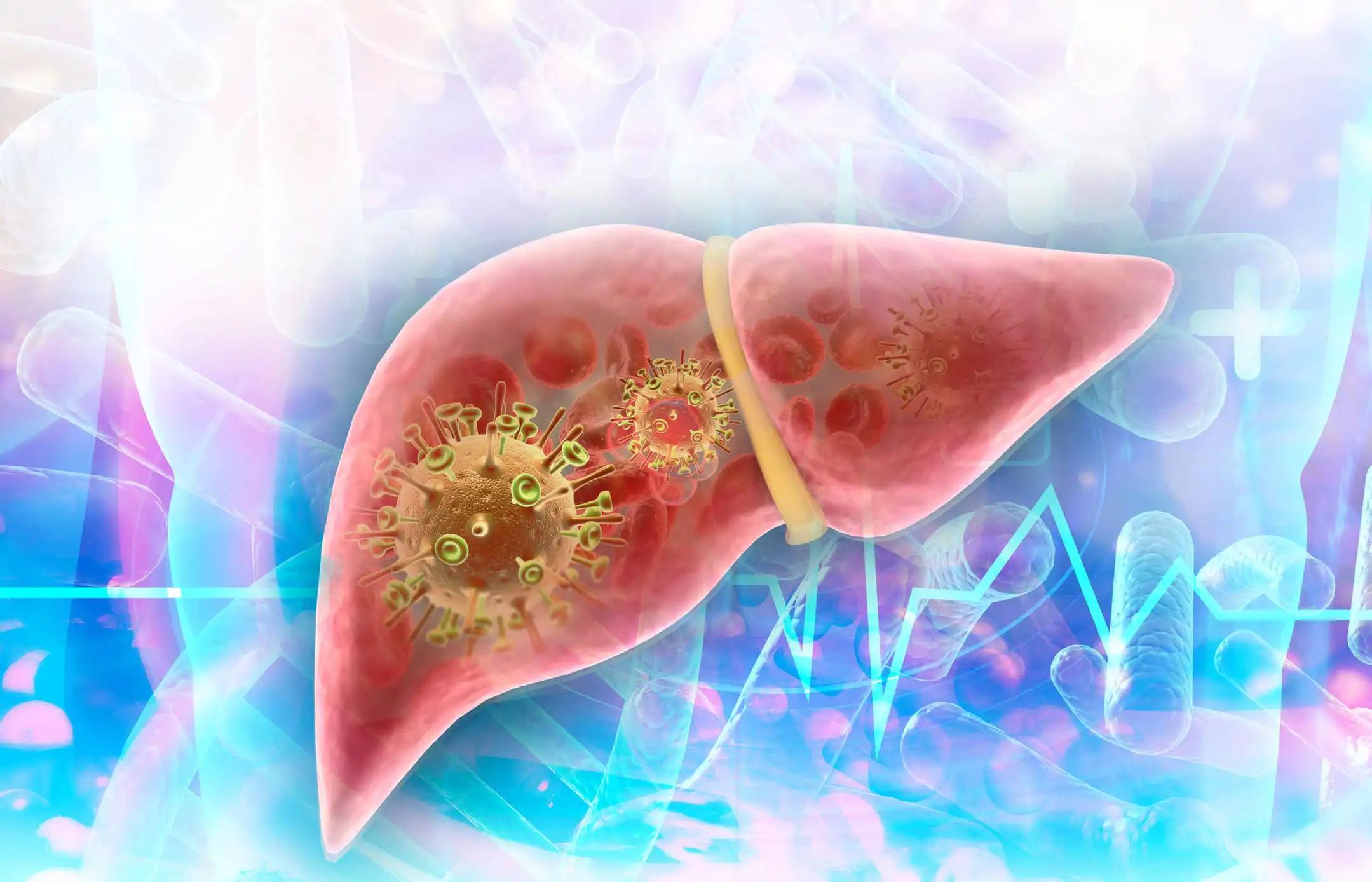
Optimizing HCC Prognostic Precision with PWR ALBI and PALBI
The study aimed to investigate integrating PWR with ALBI and PALBI scores to enhance prognostic precision in patients with HCC. Researchers noticed that integrating PWR with PALBI significantly improves prognostic accuracy for early-stage HCC. Enhancing prognostic evaluation in Hepatocellular Carcinoma (HCC) remains an unmet need, particularly in patients with preserved live r function. […]
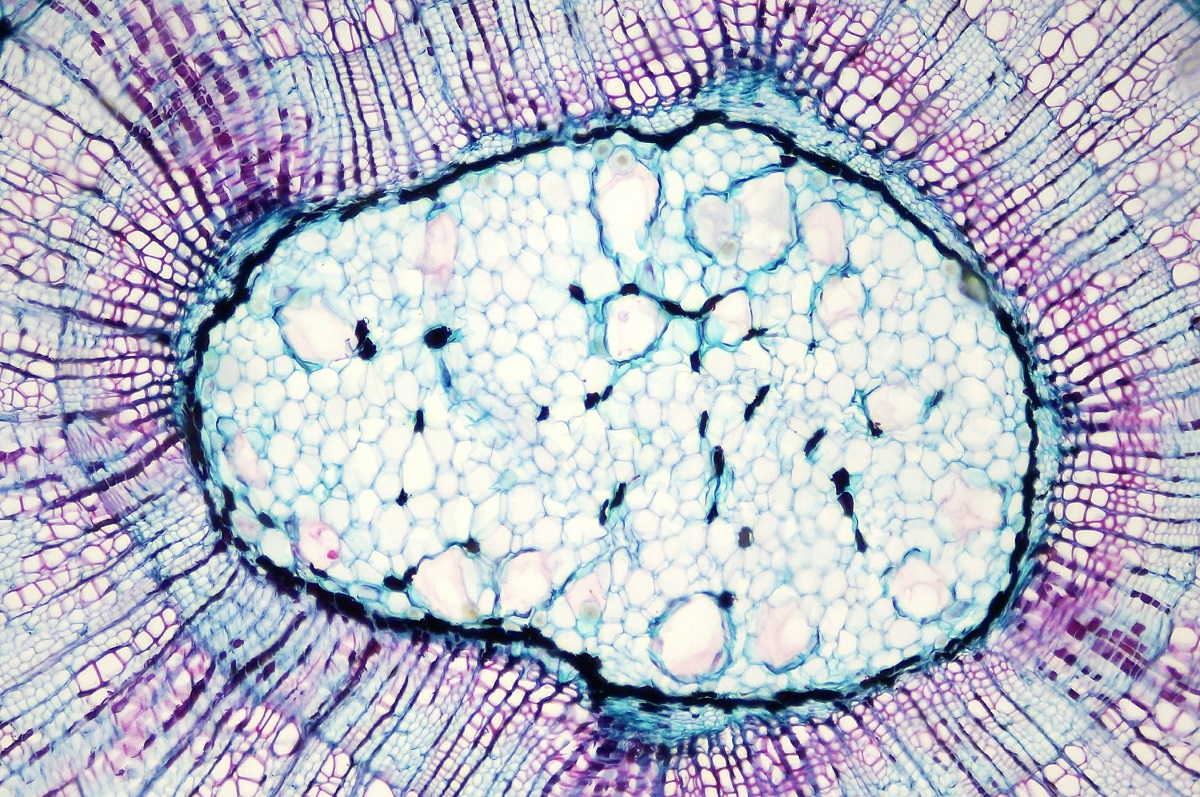
lncOCMRL1 Promotes Metastasis in OSCC via EMT and RRM2 Suppression
The study aimed to explore how lncOCMRL1 promotes OSCC metastasis and identify its mechanism. The results showed that lncOCMRL1 promotes metastasis and growth in OSCC by inducing EMT. Nan Lu and their team aimed to investigate the role of long noncoding RNAs (lncRNAs) in oral squamous cell carcinoma (OSCC) metastasis. Metastasis is a […]
Impact of Oral Antithrombotic on Urinary Recovery Post-RARP
The study aimed to investigate the effect of oral antithrombotic agents on urinary continence recovery after RARP. Researchers noticed that oral antithrombotic agents may hinder urinary continence recovery after RARP. A widely favored minimally invasive surgical option for treating prostate cancer. The increasing number of elderly patients is Robot-assisted radical prostatectomy (RARP), particularly […]
NDV Strain AF2240 Induces Apoptosis in Leukemia Cells
The study aimed to assess apoptosis and morphological changes in WEHI 3B leukemia cells treated with NDV. The results showed that NDV strain AF2240 induces apoptosis and structural changes in WEHI 3B leukemia cells. Rola Ali-Saeed and the team aimed to explore the effects of Newcastle Disease Virus (NDV) strain AF2240 on myelomonocytic […]
MOST RECENT
Popular With Peers

SKB264 + KL-A167 Shows Promise in NSCLC: OptiTROP-Lung01
The study aimed to assess the efficacy and safety of combining SKB264 with KL-A167 in patients with advanced NSCLC. Researchers observed that SKB264 + KL-A167 demonstrated promising efficacy and safety; further investigation is ongoing. Sacituzumab Tirumotecan (SKB264/MK-2870) is a TROP2 ADC developed with a novel linker to conjugate the payload, a belotecan-derivative topoisomerase […]

Efficacy of Fulzerasib/Cetuximab in KRAS G12C NSCLC
The phase 1 & 2 trial aimed to investigate the efficacy and safety of combining fulzerasib, with cetuximab as front-line treatment for patients with NSCLC. The primary objective was to evaluate fulzerasib with cetuximab in untreated advanced NSCLC with KRAS G12C mutation. Researchers noticed promising efficacy and safety of fulzerasib + cetuximab; further […]

TN+ SPA or RIB Therapies: Safe & Tolerated
The phase I trial aimed to assess TN’s safety and efficacy combined with SPA or RIB in advanced solid tumor patients. The results demonstrated that TN combined with SPA or RIB was well-tolerated at recommended doses, with safety profiles consistent with individual agents. Omar Saavedra Santa Gadea and the team spearheaded the study […]

VenDd Elicits Durable MRD Negativity in Myeloma
The interventional phase 2 trial aimed to compare MRD in VenDd vs. DVd RRMM. The results demonstrated that VenDd was superior MRD clearance and extended PFS in t(11;14)-positive RRMM compared to DVd. Multiple myeloma shows hematologic malignancies that involve abnormal cell proliferation in the bone marrow—the combination of venetoclax (Ven), a potent BCL-2 […]
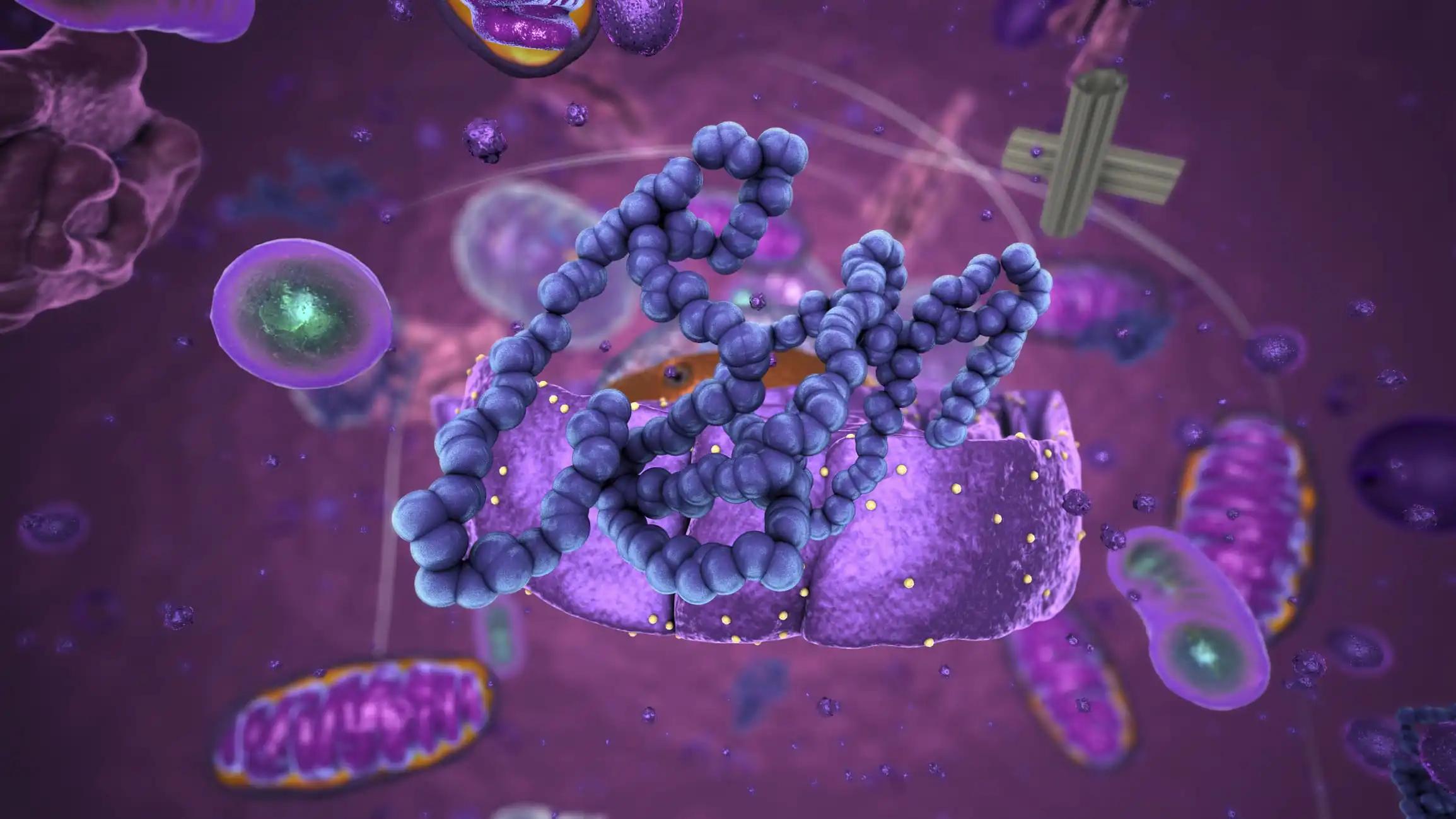
Combined Efficacy of Tucatinib and Trastuzumab for HER2-Positive MBTC
The phase II trial aimed to evaluate the combined efficacy and safety of TUC and Tras in HER2-altered solid tumor pts. The primary endpoint was cORR. Secondary endpoints include OS, DCR, DOR, PFS, and safety. The study found that combined therapy was well-tolerated and showed promising antitumor activity in pts. Biliary tract cancer […]
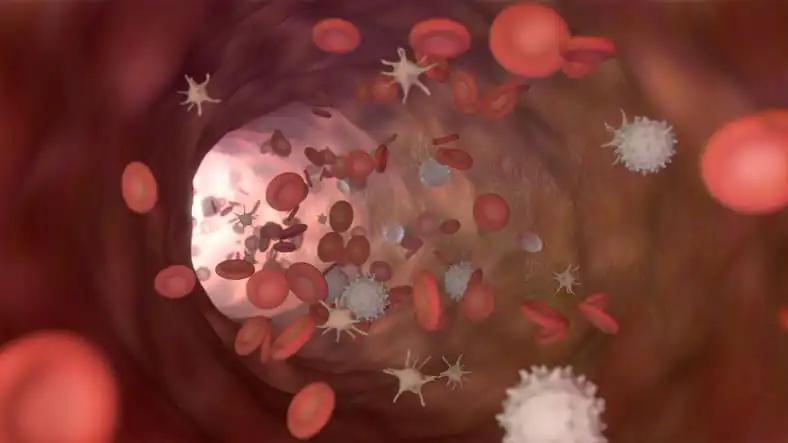
Amivantamab Shows Efficacy In Pts With Advanced NSCLC
The phase 1 CHRYSALIS study evaluated amivantamab (ami) for treating advanced non-small cell lung cancer with EGFR Ex20ins mutations. Patients who had experienced disease progression on platinum-based chemotherapy were enrolled in the study. The study demonstrated the effectiveness of amivantamab in treating advanced NSCLC with EGFR Ex20ins mutations across diverse patient groups and […]
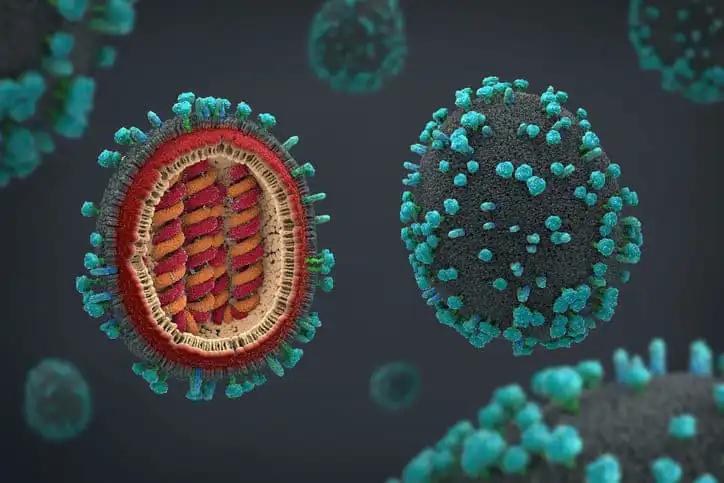
PSCA-Targeted CAR T Cells Show Promise in mCRPC Patients
The phase I trial aimed to evaluate the safety and efficacy of PSCA-targeted 4-1BB-co-stimulated CAR T cell therapy in patients with mCRPC. CAR T cells were manufactured and infused into patients with disease progression after at least 1 androgen receptor-targeted therapy. The study found that PSCA-CAR T cells can potentially treat mCRPC, but […]
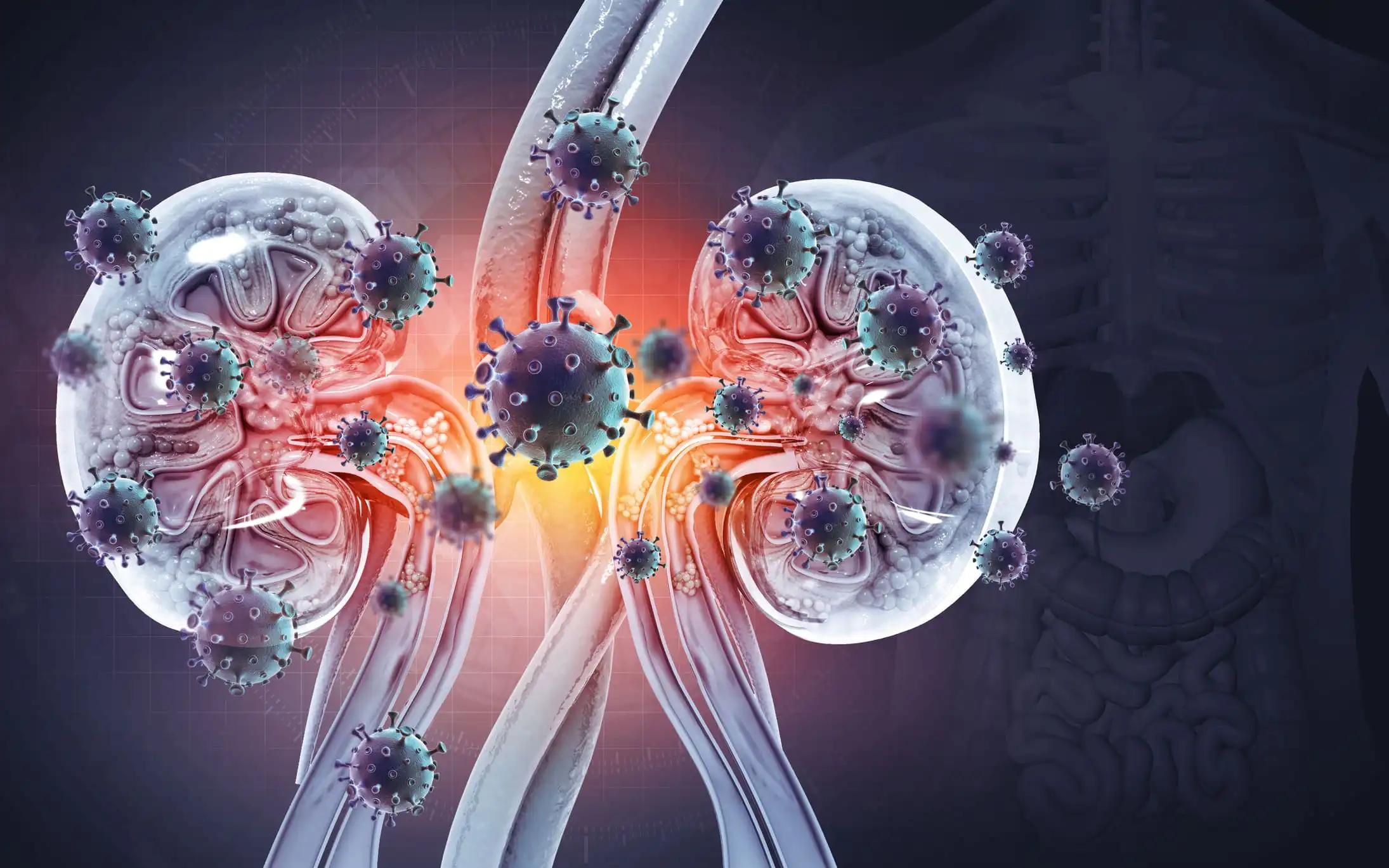
CheckMate 214 Study: Clinical Efficacy of NIVO+IPI in sRCC Patients
Phase 3 of CheckMate 214 trial was conducted to study the long-term efficacy and suitability of NIVO+IPI as a 1L treatment for patients with Untreated Advanced or Metastatic Renal Cell Carcinoma with Sarcomatoid features. 139 patients were randomized in an open-label trial to compare the NIVO+IPI combination with SUN monotherapy, where NIVO+IPI proved […]
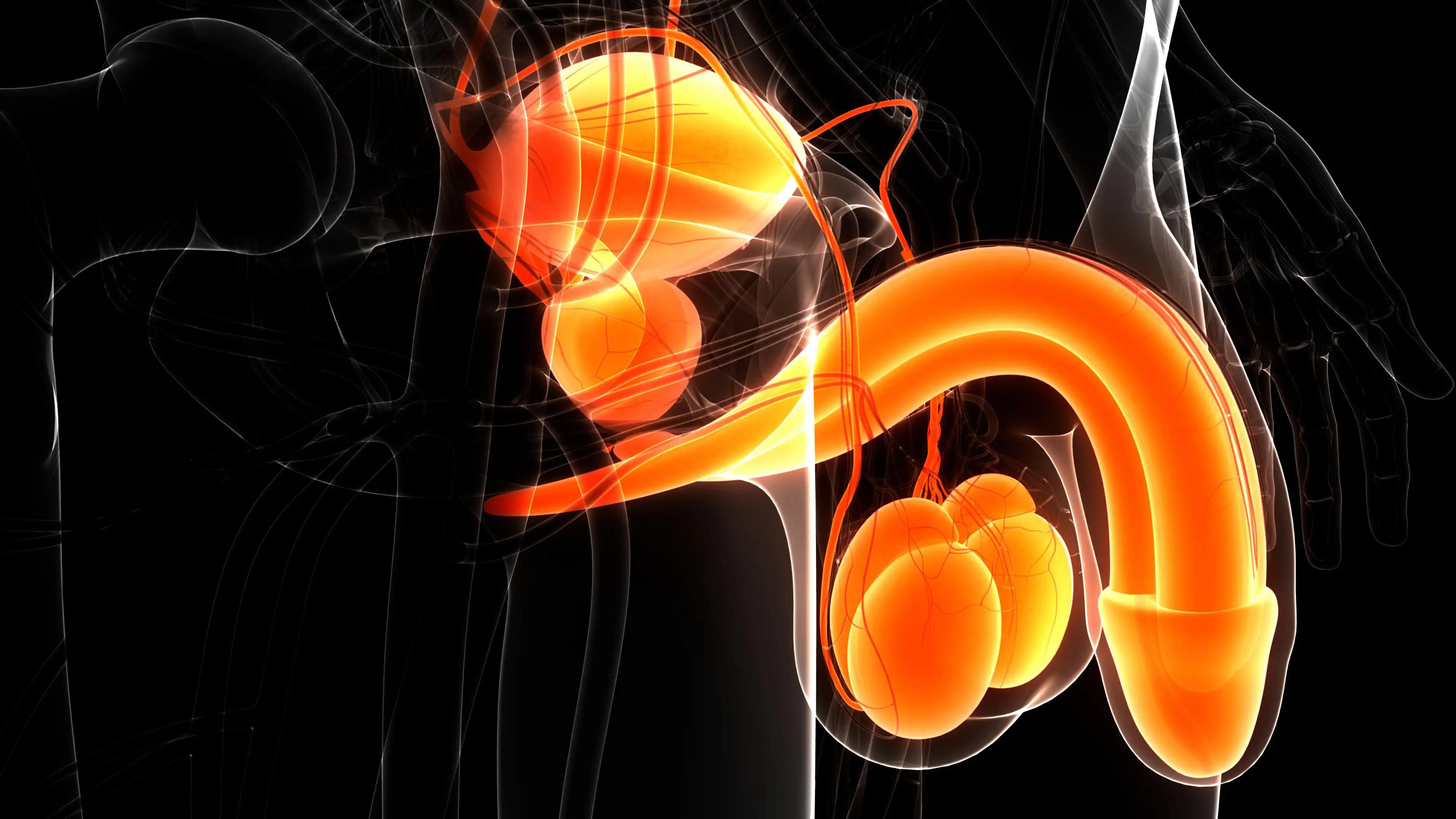
ctDNA Testing in mCRPC Patients with HRR Gene Alterations
The phase 3 PROfound study included patients with mCRPC whose plasma samples were retrospectively sequenced using circulating tumor DNA (ctDNA) Next-Generation Sequencing (NGS) to test for BRCA/ATM alterations. The efficacy of Olaparib was consistent, irrespective of the method used to identify the BRCA/ATM alterations. The study demonstrated that ctDNA NGS might be used […]
More Oncology Studies
Sign up for our emails
Trusted insights straight to your inbox and get the latest updates from OncWeekly
Newsletter
No Results Found
The posts you requested could not be found. Try changing your module settings or create some new posts.
SELECT ONCOLOGY JOURNAL ARTICLES
Lower frequencies of circulating suppressive regulatory T cells and higher frequencies of CD4+ naïve T cells at baseline are associated with severe immune-related adverse events in immune checkpoint inhibitor-treated melanoma
Background Immune-related adverse events (irAEs) are major barriers of clinical management and further development of immune checkpoint inhibitors (ICIs) for cancer therapy. Therefore, biomarkers associated with the onset of severe irAEs are needed. In this study, …
1222 Antigen-specific delivery of TCR and costimulatory signals by a protein scaffold selectively activates and markedly expands naïve MART-1-specific CD8+ T cells
Background Adoptive cell transfer (ACT) shows promise as an immunotherapy for melanoma and other cancers. However, there are several challenges associated with ACT such as the logistical complexity and inconsistency when using patient-derived antigen-presenting cells for …
890 Nivolumab plus ipilimumab in anti-PD(L)-1 naïve and experienced HCC patients -- single institute experience in Taiwan
Background Immune checkpoint inhibitors (ICIs) are standard therapy for advanced hepatocellular carcinoma (HCC). However, the efficacy of combining nivolumab and ipilimumab in Anti-PD(L)-1 Naïve and Experienced HCC patients remains unclear. Methods We retrospectively reviewed 23 patients with advanced …
778 TILVANCE-301, a phase 3 study of lifileucel tumor-infiltrating lymphocyte (TIL) cell therapy combined with pembrolizumab (pembro) vs pembro alone in treatment-naïve unresectable or metastatic melanoma
Background Novel early-line therapies for advanced (unresectable or metastatic) melanoma are needed to improve the rate of deep and durable responses and increase the proportion of patients with long-term benefit. TILVANCE-301 will evaluate the efficacy and …


